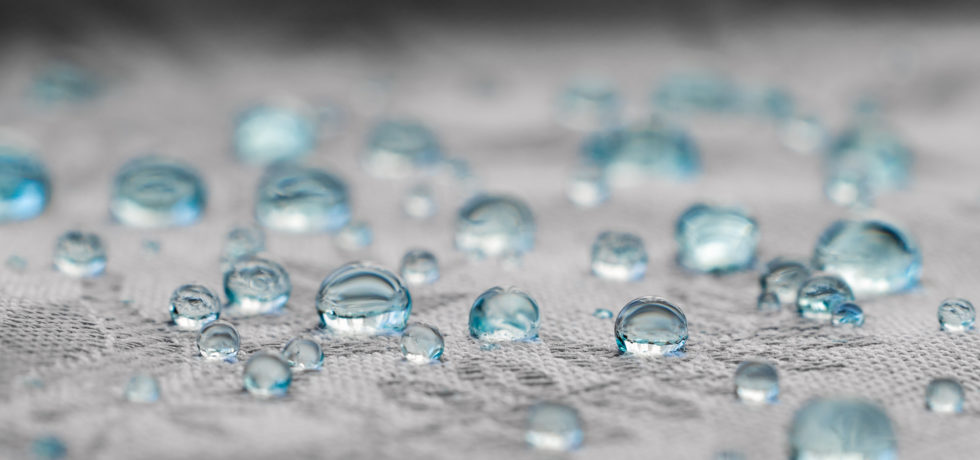Category
- Concrete Waterproofing
Traditionally, waterproofing of concrete structures has been accomplished using a membrane of some sort. The membrane can be anything from a simple coating of tar to a very technical adhered polymer sheet membrane system. But whether simple or high-tech, these products have one thing in common: they are all applied to the surface of the concrete. Being applied to the surface, they are prone to failure as a result of one or more of the many variables that can and do occur when human beings are doing things. For example, the surface may not have been prepared or cleaned properly. There might be unsuitable weather conditions. Perhaps a seam or penetration was not perfectly sealed. A membrane can be punctured – possibly during backfilling or other construction activities.
Such concerns have led a growing number of builders to switch to integral waterproofing. Integral waterproofing is accomplished by adding a crystalline waterproofing admixture to the concrete when the concrete is batched. Special chemicals in the admixture react within the concrete to form crystals, which grow to block the naturally occurring capillary pores and micro-cracks that exist in all concrete. Because it is the concrete itself that becomes the “membrane,” it cannot be punctured or damaged. And since there is no installation, there are no workmanship or jobsite concerns. However, integral waterproofing is not magic. To be successful, it requires the builder to think differently about how a concrete structure is built.Concrete pulls double duty
Most builders have constructed countless concrete structures. The steel reinforced concrete forms and shapes the structure and supports the loads that will be placed on it. If there are a few cracks, honeycombs and porous areas, it doesn’t make much difference. It’s a common occurrence and the building isn’t going to fall down. But when using integral waterproofing we must think differently. The concrete is not just there in a structural role. It is pulling double-duty as the waterproof membrane as well. Cracks, rock pockets and poorly formed joints that are tolerable in simple structural concrete are not tolerable when the concrete must also hold back water under pressure.
Fortunately the solution is very straight forward:
1. The concrete must designed to minimize shrinkage. Generally this means using as little water as possible.
2. The concrete must be placed using the best practices so as to avoid poorly consolidated areas and unintended cold joints.
3. The concrete must always be cured properly. This means wet curing for at least 7 days and/or the application of a high-quality curing compound.
Actually these are not really onerous requirements at all. It is how concrete normally should be placed. The American Concrete Institute stipulates that all concrete should be placed this way, not just integrally waterproofed concrete. Of course the reality is that common construction practice is to not follow ACI guidelines. Instead, builders do what they always do and the flaws mentioned above are accepted as the way things are and there is seldom a problem.
That is exactly why when waterproofing using crystalline integral waterproofing, we must think differently than we are accustomed to thinking about concrete structures.
Applying membranes to your concrete’s surface is the way things used to be done. Today, smart builders waterproof from the inside out using crystalline integral waterproofing. Change your thinking and you will find that you have a much more successful and reliable waterproofing system.



